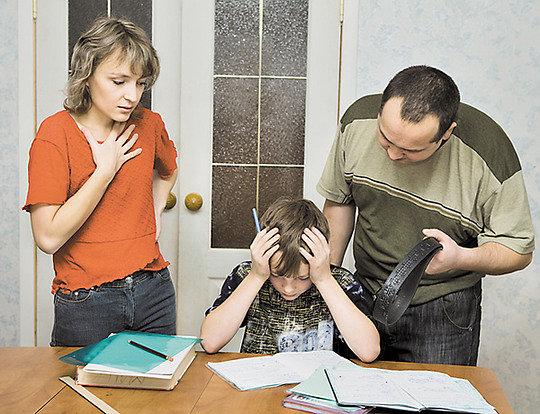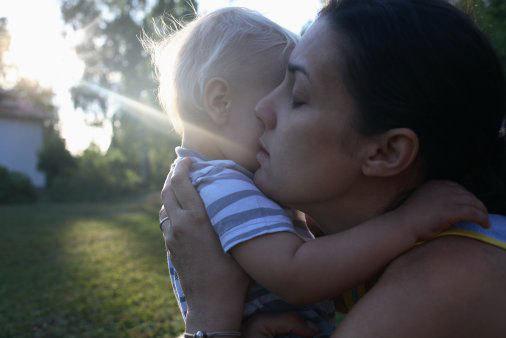
- •Module 1 (units 1 & 2)
- •People are different
- •Vocabulary:
- •4. Fill in the gaps and translate:
- •Conservative, loving, light, work, clever, he, working, thinks, thinking, ambitious
- •I am_____________________________________________________________________________________
- •I like to be_________________________________________________________________________________
- •1. Fill in the gaps with the forms of the verb “to be” and translate:
- •5. Put the verbs in the correct form:
- •6. Translate the following sentences from Russian:
- •Parents and children relationships.
- •1. Which of the adjectives below can describe relations between adults and teenagers?
- •2. Match the notices (a-g) to the sentences: (1-5).
- •3. Underline the correct word and translate the right variant:
- •5. A) Find the synonyms:
- •6. Answer the questions and make the answers as your retelling.
- •Modal verbs.
- •1.Answer the questions:
- •2. A) Fill in the gaps with the modal verbs.
- •3. Complete the following sentences using the most appropriate forms of the verbs.
- •4. Spread the following modal verbs in groups:
- •Part II.
- •Vocabulary:
- •1. What statements are True or False (t); (f)
- •2. Translate into Russian:
- •3. Prove with the help of the opinions that:
- •4. Divide the following statements into 2 groups:
- •6. Translate from Russian and use it as the retelling.
- •Articles.
- •At school – в школе at home – дома at work - на работе
- •6. Put in a/the or - in the sentences:
- •Sport and a healthy lifestyle.
- •Vocabulary:
- •Insert the proper word from the brackets:
- •5. Look at the pictures. What kind of sport is it? Do you go in for it? What is your favorite? Why?
- •1. What food is useful or not?
- •2.What activities are sportive or not?
- •3.What football and hockey teams are Russian or not?
6. Answer the questions and make the answers as your retelling.
Is youth the best time of our life?
What is being young?
Why do parents must help children to solve their problems?
Is there a lack of communication between parents and their children in our modern life?
What can make children unhappy?
What incidents do reveal the importance of parents` communication with their children?
What do children do with a child at school or in the street?
What happens in the result?
Do you get on well with your parents?
Do they help you or give some advice?
What does the Bible say?
7*. A) Divide the students into 2 groups and prove what is best: to be young or to be a grown-up:
e.g. When you are young you have a lot of time to live.
When you are a grown-up all children obey you.
|
To be young |
To be a grown-up |
|
- |
- |
|
- |
- |
B) Describe the pictures using the phrases from the text:
e.g. Parents give advice and……..





Modal verbs.
PRACTICE.
1.Answer the questions:
1. What is a modal for?
2. What follows a modal?
3. With or without to?
4. Do you put an “s” on the 3-d person singular in present?
5. Is the question order the same or does it change?
6. Does the negation go before or after the modal?
7. Can you see several modals together or should there only be one?
2. A) Fill in the gaps with the modal verbs.
You …… listen to your parents to avoid big mistakes.
……. I come in?
I …… not swim from my birth. I am afraid of water.
You …. consult a doctor, because you are ill.
….. I see you at 12-30 tomorrow?
They ……. listen to their teacher attentively. He is reading a very important text.
We ………. to do the work in time, as the boss will come soon.
…. I open the window? It is too hot here.
B) Replace the modal verbs with the equivalents: (to be allowed to; to be able to)
Teenagers must find their own place in the society.
Parents must help their children solve youth problems.
Children must be a good and positive example.
Respect can really help construct good relationship.
Lack of love and attention to children can make them unhappy.
Superfluous control can not in the best way influence on child.
3. Complete the following sentences using the most appropriate forms of the verbs.
1. Jack has got a headache. He … sleep well.
a) can’t b) couldn’t have c) hasn’t been able to
2. I … sleep for hours when I was a little girls.
a) could b) am able to c) can
3. Tom … play tennis well but he … play a game yesterday because he was ill.
a) couldn’t, could b) can, was able c) can, couldn’t
4. I didn’t want to be late for the meeting. We … meet at 5 sharp.
a) were to b) had to c) could
5. Where are my gloves? — I … put them on because it’s cold today.
a) can’t b) have to c) needn’t
6. You … take an umbrella today. The Sun is shining.
a) needn’t b) mustn’t c) can’t
7. I’m sorry, you didn’t invite me to your birthday party. You … invite me next time.
a) must b) should c) need to
8. Well, it’s 10 o’clock. I … go now.
a) can b) has to c) must
9. You … smoke so much.
a) would b) can’t c) shouldn’t
10. We have got plenty of time. We … hurry.
a) must b) needn’t c) should
